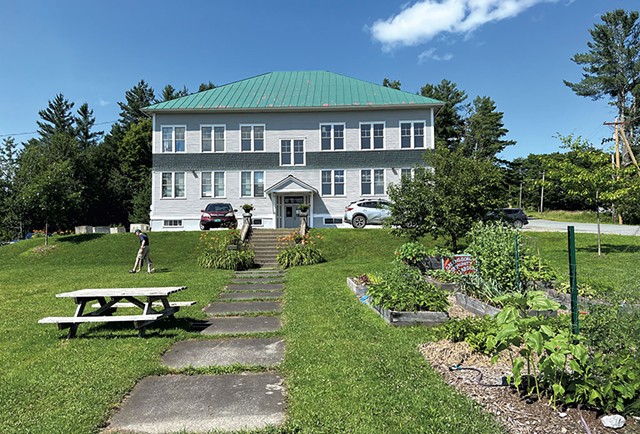
- Courtesy
- Greensboro Town Hall
Housing is so scarce in Greensboro that some traveling nurses working at the local nursing home have resorted to camping nearby. There are virtually no affordable rental options in the area, they say.
That may soon change thanks to a plan brought forth by the Greensboro Selectboard and affordable housing agency RuralEdge to transform the underused town hall into 20 apartments — a place that working-class families could call home.
That is, if residents will allow it. Some who live in the Northeast Kingdom burg — both well-heeled summer dwellers who populate its stately second homes and year-rounders — are up in arms over the proposal, claiming it threatens the character of the place. They'd prefer the town fix up the building and that the affordable housing be put elsewhere.
A group calling itself the Save Town Hall Coalition has gotten 180 people to sign a petition opposing the plan, arguing that the selectboard has been moving forward "without considering the potential impacts of the project on the community." "Save Town Hall" signs have sprouted on the town green.
Proponents of the housing, including Rev. Dr. Ed Sunday-Winters, pastor at the Greensboro United Church of Christ, are unmoved. They note that the housing crisis is only worsening and Vermont's emergency hotel program is winding down.
"We're going to give people tents and sleeping bags, and you want to argue about town hall?" Sunday-Winters said in an interview. "Give me a break."
Such battles are increasingly common in Vermont, raising questions of equity as a shortage of houses and apartments has driven costs to new highs. That's especially true in towns that have a large number of second homes, such as Greensboro.
Whether or not affordable housing projects proceed often depends on how these debates play out. The Greensboro project will be put to a town vote, potentially this fall. Only registered voters can participate.
"The nature of having a seasonal community in Greensboro means that people would rather Greensboro be a museum than have anything change," Mateo Kehler, cofounder of Jasper Hill Farm, said in an interview. The cheesemaker is the largest employer in the area and is currently providing free housing to 17 staff members, providing them time to find more permanent situations.
Greensboro, population 811, is one of the wealthiest towns in the state. Nearly a third of its residents are 65 or older, and the average home sells for well over $500,000. Of the 75 homes in the village, or downtown core, only about 35 are inhabited year-round, according to the town's treasurer.
In the winter, just two residents under 18 live in the village center. Enrollment at Lakeview Elementary School, which serves around 25 students from Hardwick, Woodbury, Greensboro and Stannard, has fallen so low that it almost closed this year. In summer, the town gets busier as seasonal residents open up their homes and kids splash around in Caspian Lake.
Greensboro is known for its pastoral charm. Its housing crunch, though, has been documented for years. A 2019 town plan identified affordable housing as a top priority.
That year, Greensboro's housing committee reached out to RuralEdge, which examined a number of town-owned and private properties as potential sites for affordable housing.
The town hall was a logical choice. The American Craftsman- and Colonial Revival-style structure was built in 1912. It's right in the heart of downtown and is home to town offices; the Hardwick Gazette and artists rent space. The town currently spends $22,000 per year on utilities for the building, but it is in "incredible disrepair," said Brett Stanciu, the town treasurer. Remediation for lead paint, asbestos and structural issues would be costly.
From the mid-1990s to 2015, the building was used as overflow for the elementary school. In the years since, it has been neglected. The nonprofit WonderArts briefly considered purchasing the building but lost interest after calculating the cost of fixing it up.
The town hall lacks an elevator, so it is not ADA-accessible for community-wide meetings. According to the selectboard, the town cannot afford the type of repairs that are needed to keep the space functional.
"It's tough to find locations with no private development interest," said Kent Hansen, chair of the town's housing committee. "New projects need to be in the village centers to be accessible. We can't put it in farmer Jones' field — this is a rare opportunity."
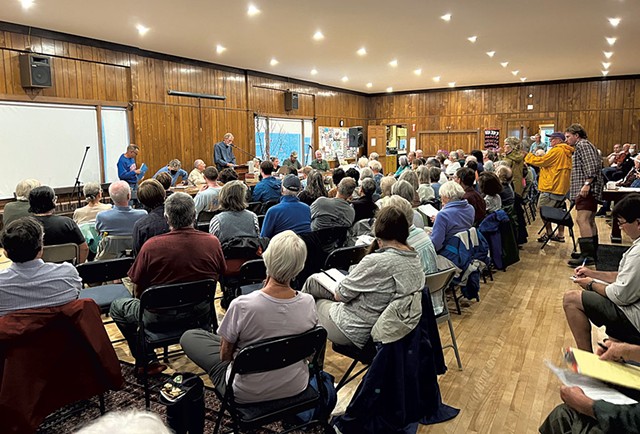
- Courtesy
- Residents at a meeting about the project
Patrick Shattuck, executive director of RuralEdge, presented a rough sketch of the idea at Greensboro's town meeting in 2023. RuralEdge would finance the $10 million development of a 20-unit apartment building, with eight units in the current town hall and a 12-unit addition to the historic building. The character of the building, he assured residents, would not be altered.
The proposal includes a mix of one-, two- and three-bedroom apartments that would be priced between $833 and $1,387 per month, including utilities. The units would not be subsidized, meaning households would be responsible for paying the full amount. Eligible residents would have an annual household income between $30,000 and $75,000.
RuralEdge would manage the property, and the town would not have to contribute. In fact, instead of spending to maintain the aging structure, Greensboro would earn about $20,000 per year in property taxes.
Town offices could remain in the building, as would the beloved Giving Closet, which provides free clothing, shoes and accessories to those in need.
Shattuck said there was overwhelming support for the housing project during his March 2023 presentation. Shortly afterward, the selectboard and RuralEdge inked an agreement that gave the developer the green light to complete a feasibility study.
That's when some residents started to push back, according to Jennifer Ranz, a year-round resident who is one of the leaders of the Save Town Hall Coalition. She and other residents — year-round and seasonal alike — demanded that the selectboard and RuralEdge host a public question-and-answer session and then a public forum at which residents could voice their opinions.
RuralEdge completed its analysis and presented the plan at Greensboro's town meeting in 2024. The Save Town Hall Coalition formed shortly after, and the selectboard organized town-wide meetings about the housing development.
"There was clearly an agenda from our selectboard to basically bail from their responsibility to take care of our public building, which they have been neglecting for four or five years," Ranz told Seven Days. "Nothing about what has happened in the last year and a half has been done in a correct, transparent method."
That's something that selectboard members and RuralEdge reject. "At each step, we've gone to the community, and we've done every public process we can imagine," Shattuck said.
Some residents say they cannot make a decision without architectural renderings or a study of whether the town can handle the building's sewage. But RuralEdge is holding off on commissioning the costly renderings until the town signs a sale agreement.
"We have incurred costs in good faith based on an option agreement," Shattuck said. "We're kind of in a holding pattern right now."
Opponents have accused selectboard members of going into closed-door executive session to discuss related issues that should have been public. Eric Hanson, chair of the selectboard, says it only went into executive session to negotiate contracts — which the state's open meetings law allows.
Still others have argued that the project is "outsized" for the town. Shattuck explained in a number of town meetings that in order for the project to be financially viable, it must include at least 18 units.
Some residents want the development to be built at the town's gravel pit in neighboring Glover. Others have expressed their desire to see the affordable housing built in Greensboro Bend, historically the working-class section of town. Habitat for Humanity projects in Greensboro Bend are in the fundraising stage, without objection.
"We could put a nuclear waste dump in Greensboro Bend, and people in Greensboro Village would not bat an eye," Rev. Sunday-Winters said.
An outspoken proponent for the project, Sunday-Winters said he has had frank but respectful conversations with members of his congregation who feel otherwise. Rising tension in town is leading Sunday-Winters to worry that no one will want to run for selectboard next time a position opens, given the heat the board's unpaid members have faced.
At a special selectboard meeting on the project earlier this month, more than 100 people showed up. Dozens took to the microphone to share their opinions.
The project, one summer resident said, "feels so lopsided. It feels so heavy, just overly dense."
"Everyone here is in favor of creating housing, but not in our community-owned, historic town hall," said Ranz, who held up a poster plastered with pictures of the building. "There's a lot of other places for housing."
Others voiced support for the plan.
"We don't have any kids here, and we're a geriatric community," a year-round resident named Alice said. "...Towns die if they don't have new people bringing in a workforce but also people who care about the community. Who will be on our rescue squad in 20 years? Who will be our librarians? ... Who will take care of me in 15 years? It's a serious situation."
At the end of the nearly two-hour meeting, residents talked among themselves, shuffling out of the Fellowship Hall at Greensboro's United Church of Christ, which is wheelchair accessible. There wasn't enough room for the crowd at the town hall.

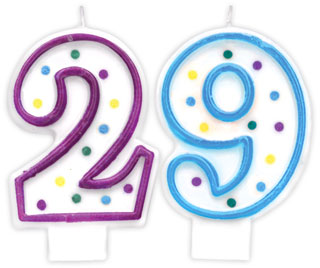





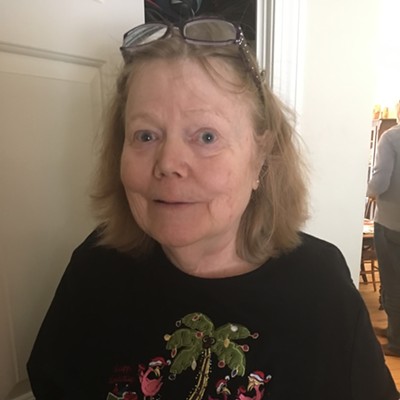
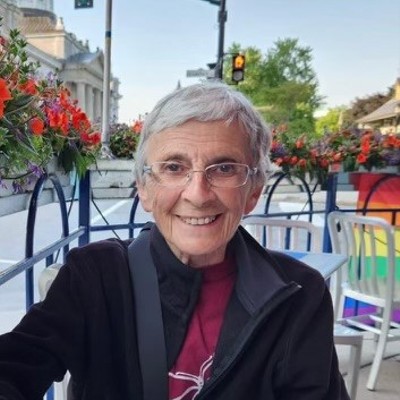
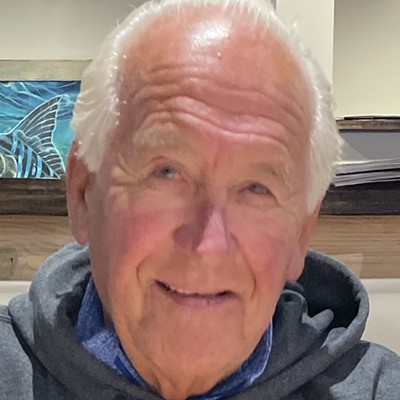
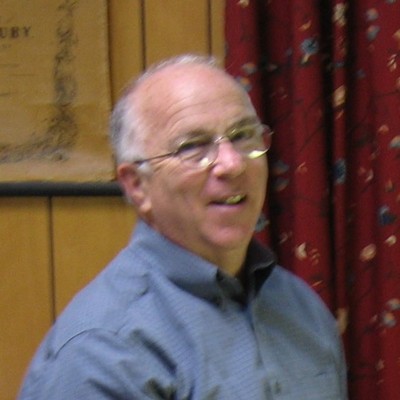
Comments
Comments are closed.
From 2014-2020, Seven Days allowed readers to comment on all stories posted on our website. While we've appreciated the suggestions and insights, right now Seven Days is prioritizing our core mission — producing high-quality, responsible local journalism — over moderating online debates between readers.
To criticize, correct or praise our reporting, please send us a letter to the editor or send us a tip. We’ll check it out and report the results.
Online comments may return when we have better tech tools for managing them. Thanks for reading.